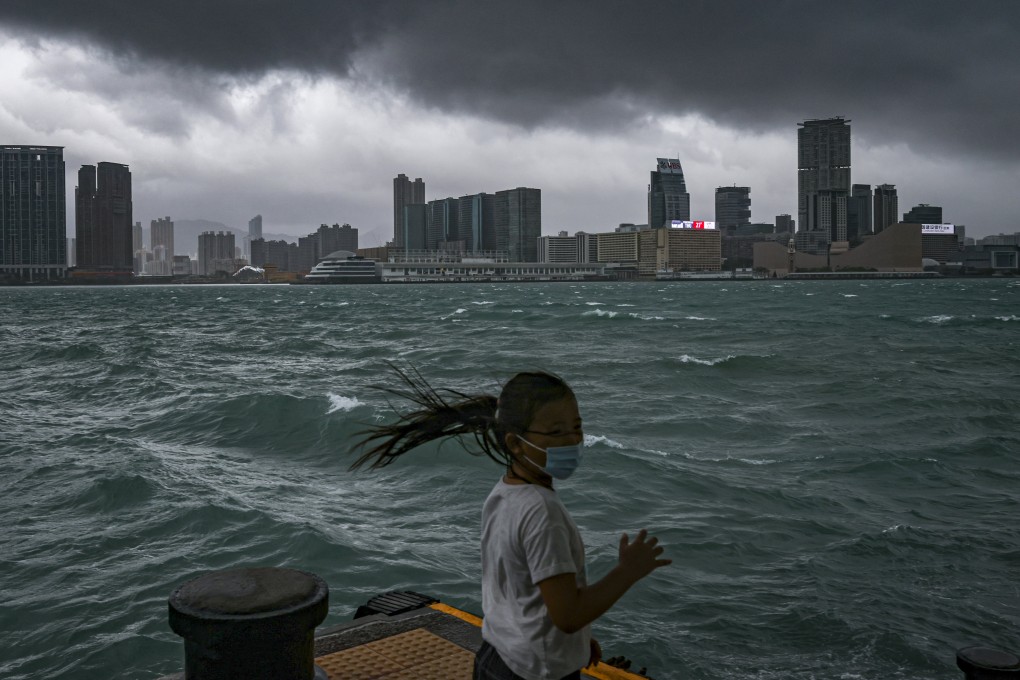Letters | How does John Lee intend to defend Hong Kong against the rising sea?
- Readers discuss Hong Kong’s lack of climate resilience measures, the vaccine pass system, the need to address the city’s mental health, and yoga in schools

Feel strongly about these letters, or any other aspects of the news? Share your views by emailing us your Letter to the Editor at [email protected] or filling in this Google form. Submissions should not exceed 400 words, and must include your full name and address, plus a phone number for verification.
I hope there is a deep understanding, especially among government officials, that global warming and climate change are broad terms used to represent multiple and complex issues arising globally, not only from natural phenomena but also from global governance, industries and societal responses. Making Hong Kong’s small climate change adaptation and mitigation contributions as a responsible member of the world community is essential.
However, merely meeting our carbon commitment is not enough to protect us from the already grave environmental consequences.
I suspect few people appreciate the true risks. There is a time lag between global temperature rises and the melting of the polar ice sheets, which means we are already “locked in” to a definite rise in sea level. Even if global emissions are, by some miracle, reduced very quickly and keep the global temperature rise to below 2 degrees Celsius, the sea level will still increase by 29 to 59cm in the next 100 years.